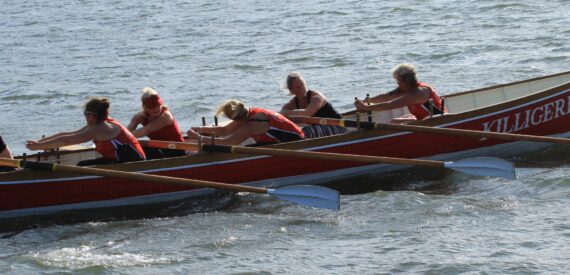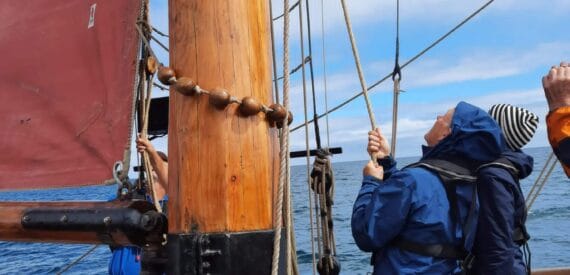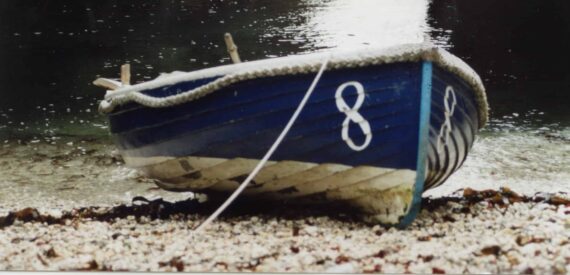RYA Yachtmaster Coastal & Yachtmaster Offshore Theory – Syllabus
This is an advanced course in navigation and meteorology for candidates for the Yachtmaster Coastal (formerly called Coastal Skipper) and Yachtmaster Offshore Certificate. The syllabus makes some provision for the revision of subjects in the Day Skipper course but those who have not acquired the knowledge set out in the Day Skipper course are unlikely to be able to assimilate all the subjects covered in this advanced course in the suggested time stated.
The beauty of buying this as an on line course is you can do it in your own time* at home or your place of work. You have a specialist instructor via email if you get stuck.
(* NB if it takes you longer than 6 months you do need to pay a small fee for a course extension)
To buy this course and full payment terms and conditions return to our purchase page:
***** Book Now – Special Offer – RYA Theory Course *****
1. Position
Dead reckoning and estimated position
Satellite-derived position
Use of waypoints to fix position
Radar fixes
Techniques of visual fixing
Fixes using a mixture of position lines
Relative accuracy of different methods of position fixing
Area of uncertainty
2. The magnetic compass
Allowance for variation
Change of variation with time and position
Causes of deviation
Swing for deviation (but not correction)
Allowance for deviation
Different types of compass
3. Tides
Causes of tide – Springs and Neaps
Tide tables – sources
Tidal levels and datum
Standard and secondary ports
Tide anomalies (Solent, etc.)
4. Tidal Streams
Sources of tidal information
Tidal stream information in sailing directions and Yachtsmen’s Almanacs
Allowance for tidal streams in computing a course to steer
Tide rips, overfalls and races
Tidal observation buoys, beacons etc.
5. Buoyage
IALA system buoyage in Region A
Limitations of buoys as navigational aids
6. Lights
Characteristics
Ranges – visual, luminous and nominal
Rising and dipping distances
Light lists
7. Pilotage
Harbour regulations and control signals
Methods of pre-planning
Clearing lines
Use of soundings
Transits and leading lines
8. GPS and chart plotters
Principles of operation and limitations of use
Raster and vector charts
Datum
Importance of confirmation of position by an independent source and keeping a separate record of position
Importance of paper charts
9. Echo sounders
Principles of operation and limitations of use
10. Logs (speed and distance measuring)
Principles of operation limitations of use
11. Deck log
Importance of log as yacht’s official document
Layout of log, hourly and occasional entries
12. Meteorology
Basic terms, the Beaufort scale b. Air masses c. Cloud types d. Weather patterns associated with pressure and frontal systems e. Sources of weather forecasts f. Ability to interpret a shipping forecast, weatherfax and weather satellite information g. Land and sea breezes h. Sea fog i. Use of barometer as a forecasting aid
13. Rules of the Road
A sound knowledge of the International Regulations for Preventing Collisions at Sea, except Annexes 1 and 3
14. Safety at Sea
Personal safety, use of lifejackets, safety harnesses and lifelines
Fire prevention and fire fighting
Distress signals
Coastguard and Boat Safety Scheme
Preparation for heavy weather
Liferafts and helicopter rescue
Understanding of capabilities of vessel and basic knowledge of stability
15. Navigation in restricted visibility
Precautions to be taken in fog
Limitations to safe navigation imposed by fog
Navigation in poor visibility
16. Passage planning
Preparation of charts and notebook for route planning and making, and use at sea
Customs regulations as they apply to yachts
Routine for navigating in coastal waters
Strategy for course laying
Use of waypoints and routes
Use of weather forecast information for passage planning strategy
Sources of local and national regulations





